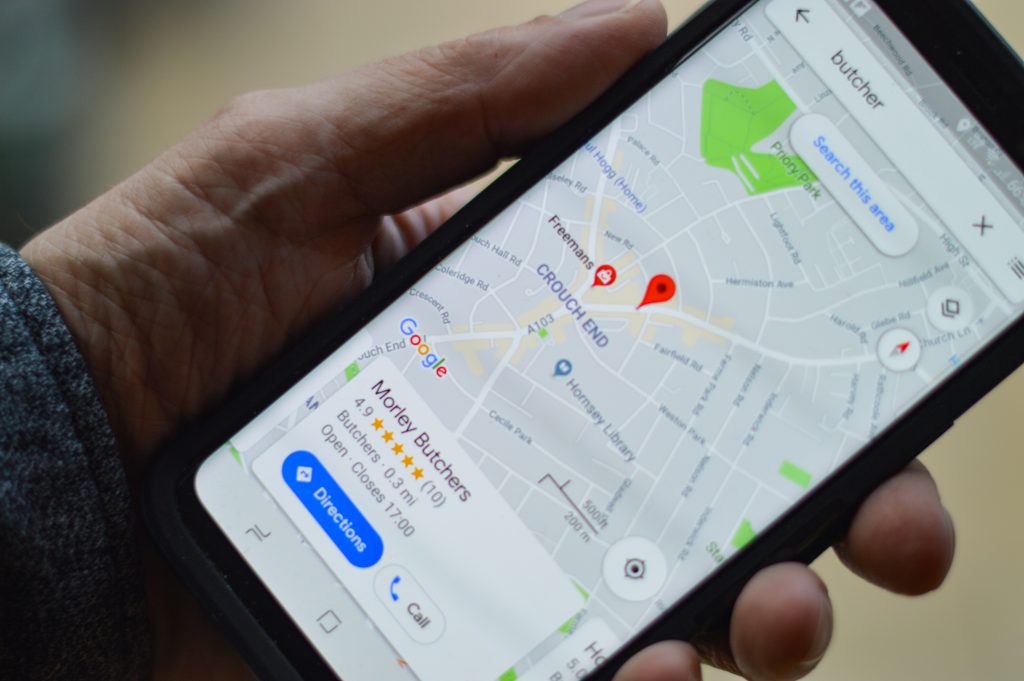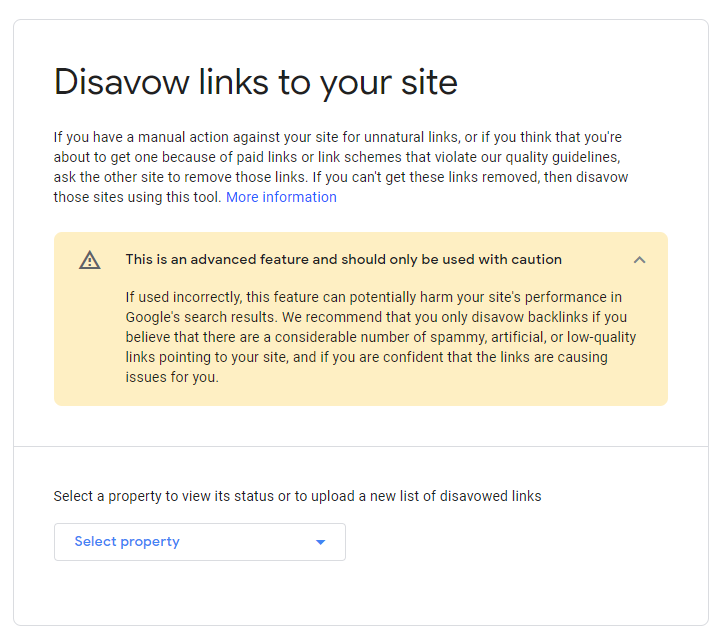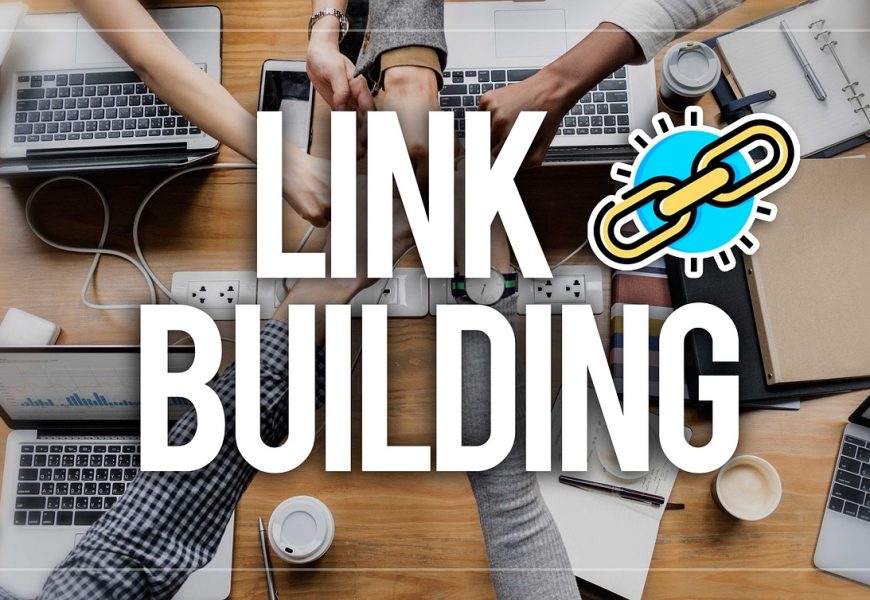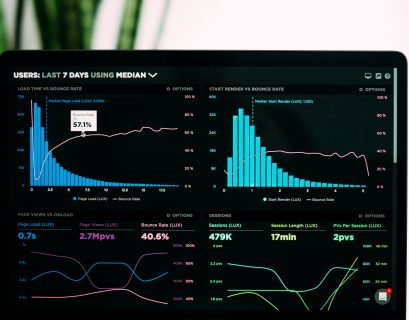Link building is still a game changer for SEO, but it’s not as obvious as it used to be. The best way to build links has changed over time: Back in the day, you’d have an internal link strategy and then try to get guest posts written about your site on other blogs. But now, it’s more about creating shareable content that makes people want to share your work with their friends or followers. That means creating blog posts that are easy for users to understand and share (as opposed to long-form articles). And if you can create videos or podcasts that do something similar—well then even better!
Build shareable content
Create shareable content. Make it easy to share. Use images and videos, a catchy headline, and a call-to-action (CTA).
Make it readable by the target audience—and understandable by them.
Create an internal linking strategy
The first thing that you should do is create an internal linking strategy. Internal links are links that point back to pages on your own website, products or services, blog posts and more.
For example: If you have a page called “Our Services” then make sure that you link directly from this page back to other pages on your site (such as About Us and Contact Us). This will help people find what they want quickly. You should also look into creating some new pages within these categories so people can easily access them when needed instead of having to search through all of them individually each time they want something else done by one of our employees within those departments.
It’s important not only because it helps visitors get where they need but also because Google rewards sites with lots of internal linking opportunities by giving them higher rankings in search engine results pages (SERPs).
Optimize your local search presence for customers and search engines.

Local search is a crucial part of your digital marketing strategy. It’s the process of ranking highly in local platforms like Google, Bing and Yahoo! Search, which are used by millions of people every day.
Local SEO (search engine optimization) is the art of optimizing your site so that it appears high in local search results when someone searches for a product or service close to where they live or work. In other words: It’s all about getting your website ranked at the top spot on Google when someone searches for something in an area where you operate.
Acquire backlinks from high-quality, relevant sites.
The first step to building your blog’s authority is to get backlinks from high quality, relevant sites.
The best way to do this is by acquiring links from websites that are relevant and authoritative in their industry: if you’re a fitness blogger and you want people to link back to your site, then you’d want them linking back to other fitness blogs as well. This will help boost the authority of your blog and make it easier for readers who may not have known about it before (or even know what a “blog” is) look for information related specifically about fitness topics instead of getting lost among all kinds of random crap on Google results pages every time someone searches “fitness.”
Disavow backlinks from spammy sites.

Disavowing links is a powerful tool that can help you avoid being penalized by Google. When you disavow links, it tells the search engine that those links shouldn’t count towards your rankings in its search results.
This is useful if someone’s been sending thousands of spammy links to your site and you want them gone from the index so they don’t hurt your rankings. If someone made a mistake linking to one of their websites, they may not know what happened or think it’s just an accident—but in reality, they’re trying to game Google’s algorithm with these tactics (which is called link building). By disavowing these backlinks as well as any sites linked from them, it helps prevent future problems down the road. You can check out the disavow link here: https://search.google.com/search-console/disavow-links
Connect with the right people to earn editorial links.
You can use your SEO strategy to get easy backlinks from high-quality websites in your industry, but you need to know who these people are. There are a few ways to find out. This could be done by looking at blogs or publications that cover your niche and finding out which ones have written about related topics recently, such as blog posts, articles or videos. It’s also worth checking out sites like Moz and Searchmetrics for information on any popular websites they’ve indexed in their search engines over time so you can see when they were founded (and therefore how long ago they’ve been active). You might even consider subscribing so that you’re notified every time someone publishes something related – this way there’ll be plenty of opportunities!
Link to other websites in your content.
If you are linking to other websites, make sure it is relevant to your content. You can use anchor text that is relevant to the page you are linking to.
You should also avoid over-optimizing anchor text by adding keywords into the anchor text that do not relate directly with what your website has to offer. For example, if I was writing a post about how someone can lose weight without exercise or dieting and wanted people who were interested in losing weight (and knew about this topic) but didn’t know where else they could go for information on fitness, then maybe I would include some terms like “fitness tips” in my links so people could find what they’re looking for easily on another website.
Repurpose your YouTube video descriptions into blog posts.
One of the best things about YouTube is that you can use it to repurpose your video descriptions into blog posts. This gives you an opportunity to add value, share links to other content and even create new content by creating a blog post around one of your videos. If you’re already making money from YouTube through ads, then this strategy will help bolster your income while also helping build links that might bring more traffic to the site in general.
Look for opportunities to earn guest post links in your niche.
Guest posting is a great way to earn links.
You need to find sites that are relevant to your niche, and you should make sure they’re willing to accept guest posts from you. This will help establish your authority as an expert in your field, which will help with link building efforts later on down the line.
In addition to finding relevant sites, it’s important that you have something valuable (or interesting) enough for them to say yes! If they don’t care about what exactly you’re offering or can’t see any real value in it, then there probably won’t be much interest in accepting or publishing your content either—and this could lead directly back into ever-deeper trouble when trying again later on down the line (though at least now we’ve learned our lesson).
Earn backlinks by interviewing influencers in your industry.
You can also interview influencers in your industry. For example, if you’re an entrepreneur who runs a blog and interviews other entrepreneurs on their own blogs, this is a great way to earn backlinks from these influencers’ sites. It’s also a good idea to ask them if you could add some of their content (like an interview) as well as linking back to your site from theirs.
You can even do an interview with a guest post on their blog—it doesn’t have to be long! And if you have a YouTube channel that’s related to the topic at hand (for example: “How To Start A Blog”), then grab some time for yourself by filming yourself doing something related to what was being talked about during the chat session (or even better yet: record yourself interviewing someone else).
Use HARO to Get Killer Backlinks
HARO stands for Help A Reporter Out. It’s a free service that connects journalists with relevant sources and experts in your niche area.
This is not just a way to get backlinks, but also a great way to build brand awareness and network in your industry. Click here for more info: https://www.helpareporter.com/
Link building is still a game changer for SEO
Link building is still a game changer for SEO. If you want to get your site ranked on Google, link building is still relevant in 2023. However, it’s not dead and it won’t fix everything (like some people think).
It takes time and effort to build links naturally—you can’t just sit around waiting for them to come by themselves! What we’re going to cover here are strategies that work today: how to find high quality anchor text links, which directories can help boost organic rankings, how much effort should go into each link building campaign…and much more!
It’s important to remember that with link building, it’s not about the links themselves. It’s about getting high-quality backlinks from other sites that are relevant to your business so you can rank higher in search engines. That means optimizing your content for SEO as well as building an internal linking strategy that will help drive traffic to your website through social media and other channels.















